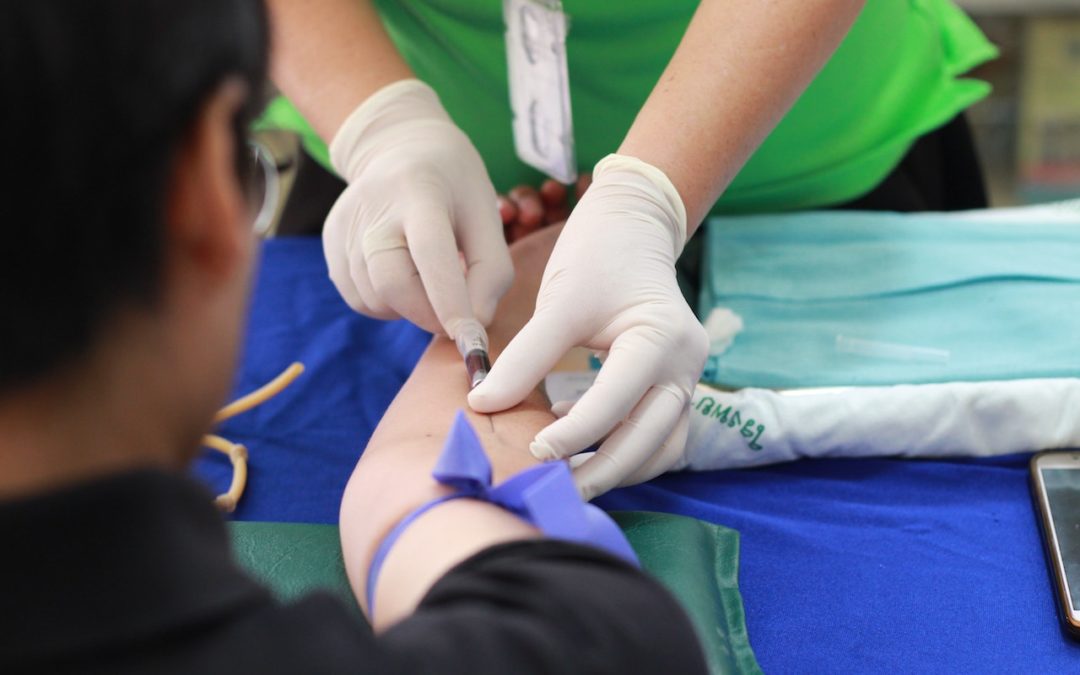Two recent cancer studies have shown that some cancer patients may be able to safely skip radiation or chemotherapy following surgery. The first study used a blood test to evaluate which colon cancer patients could safely forgo post-surgery treatment, while the other found that certain types of low-risk breast cancer patients may be able to skip radiation after having a lump or mass surgically removed.
The findings of both studies were discussed at the annual meeting of the American Society of Clinical Oncology (ASCO). Researchers believe that this research will allow doctors to more carefully decide which patients will benefit from chemotherapy.
Why Is It Important to Avoid Unnecessary Treatment?
Chemotherapy and radiation are standard treatment options for cancer patients who have recently undergone surgery. However, some patients still receive these treatments even though their cancer disappeared following surgery.
Colon cancer patients who undergo unnecessary chemotherapy often experience serious side effects that can interfere with their quality of life, including anemia, nausea, and difficulties with memory.
Breast cancer patients who undergo surgery usually receive radiation following the procedure, but this treatment may not be beneficial for low-risk patients. Radiation often leads to side effects like fatigue, skin problems, and rarely, long-term heart conditions and additional cancers.
Patients who will not benefit from chemotherapy and radiation can avoid the side effects associated with these treatments. However, oncologists have had difficulty accurately determining which patients may not need additional treatment. The findings of this study could allow doctors and researchers to make this determination more easily.
When Can Colon Cancer Patients Skip Post-Surgery Treatment?
The colon cancer study, funded by nonprofit groups and the Australian and United States governments, was published in the New England Journal of Medicine. The researchers in this study used a blood test to identify which colon cancer patients do not need chemotherapy following surgery.
The study looked at 455 patients, all of whom had surgery after their cancer spread into the wall of the colon. Following surgery, one group of patients received a blood test tailored to the specific genetic profile of their tumor, which was used to determine if there were any remains of cancer DNA.
The researchers used the results of these blood tests to assign a treatment strategy. The patients with no signs of remaining cancer did not undergo chemotherapy. For those with remaining cancer, doctors made chemo treatment decisions using the standard method of analyzing the tumor and adjacent tissue.
Of the blood test group patients, 15 percent of patients received chemo, compared to 28 percent of the other group. However, approximately 93 percent of the patients in both groups remained cancer-free after two years. This shows that the blood test group had equally positive results with less chemotherapy.
According to lead researcher Dr. Jeanne Tie of the Peter MacCallum Cancer Centre in Melbourne, patients without remaining cancer DNA after surgery are at very low risk of having their cancer relapse. This suggests that chemotherapy is highly unlikely to benefit these patients. Allowing patients in this group to skip chemotherapy grants them a much higher quality of life.
Skipping Radiation after Breast Cancer Surgery
In the second study discussed by the ASCO, researchers followed 500 older breast cancer patients with a common type of early-stage breast cancer and low levels of a protein called Ki67, which is an indicator of fast-growing cancer.
Following surgery, these 500 women took hormone-blocking pills, which is a standard form of treatment for this variation of breast cancer. However, the women did not undergo radiation treatment.
Five years later, only 10 of the 500 women saw their cancer return in the same breast. In addition, one of the patients eventually died from breast cancer. While there was no comparison group in the study, the researchers believe that these results compare favorably to past data on similar patients who did undergo radiation.
Lead study author Dr. Timothy Whelan of McMaster University in Ontario said that his team believes that the benefits of radiation in this group would be negligible in comparison to the side effects.
Dr. Whelan also believes that these findings show that women ages 55 and older with breast cancer exhibiting the luminal A biomarker pattern can have their cancer effectively treated with surgery and endocrine therapy, without the need for radiation.
The Impact of These Findings
Chemotherapy can be both physically and financially draining for cancer patients due to the high cost of the treatment and the fact that side effects can greatly lower the patient’s quality of life.
If doctors are better able to accurately determine which patients need chemotherapy, those who will not benefit from the treatment can save significant money and enjoy a better standard of living following their surgery, without worrying about their cancer coming back.

